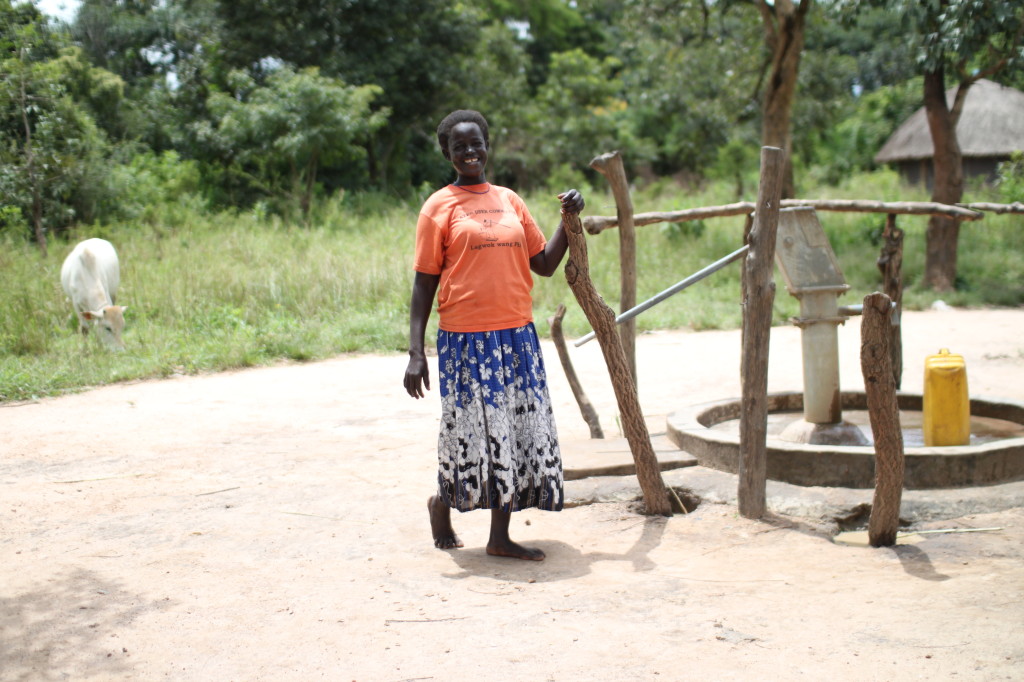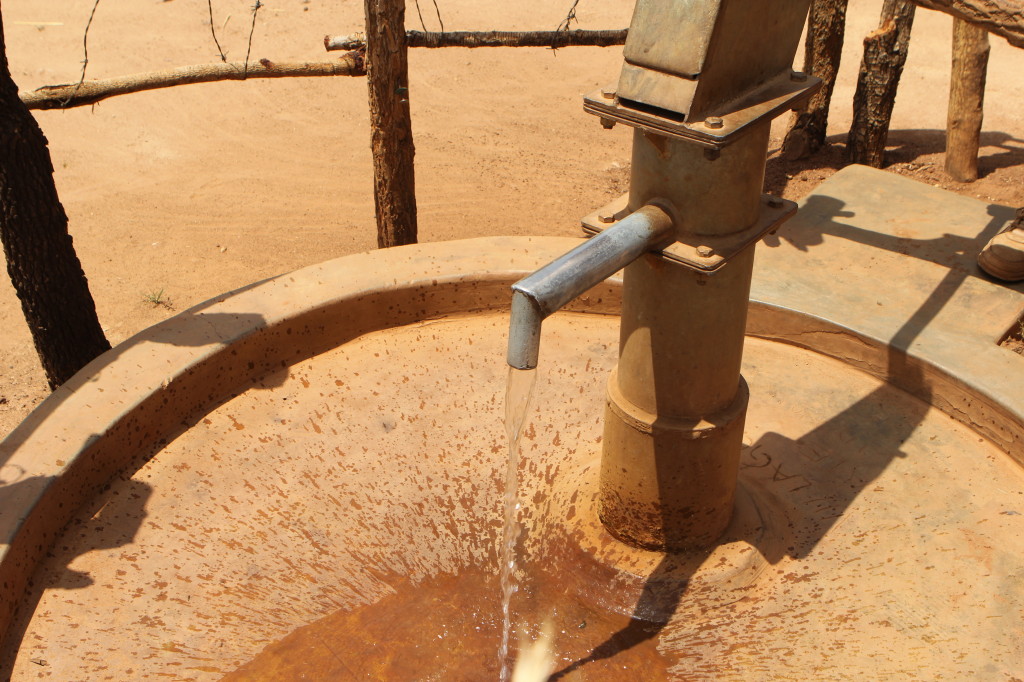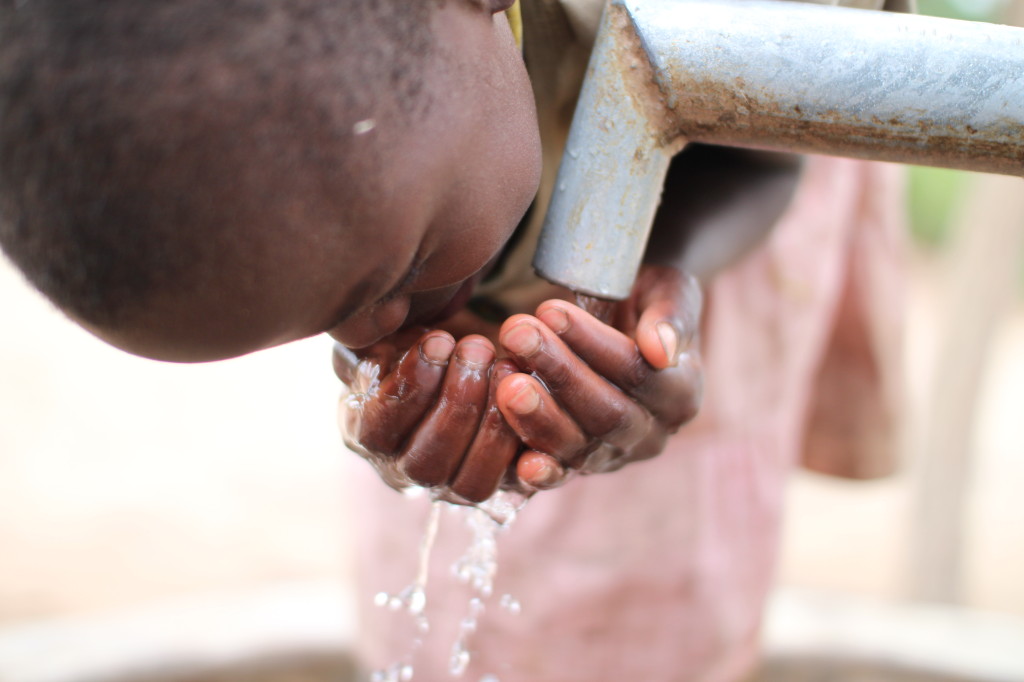In recognition of World Water Day, we are taking a look at our Water, Sanitation and Hygiene programs. It’s one area under the umbrella of our Livelihoods program that we are particularly proud of at Invisible Children. The Uganda Bureau of Statistics says that between 2003 and 2010, 70 percent of individuals in rural areas had access to improved water sources. This statistic tops 90 percent for those living in urban areas. Since then, the number is assumed to have continued increasing, as more communities benefit from programs like our WASH efforts.
To recap: Communities benefitting where our WASH team works are identified based on their need for a safe water point as well as the fact that they are home to members of IC’s Village Savings & Loan Associations (VSLA) and Functional Adult Literacy (FAL) learning groups. This allows ICU to forge stronger community-based relationships and further build the capacity of the individuals who live in communities where we work.
There are three components to our WASH programs:
(1) Drilling safe water points. Invisible Children has drilled 32 deep-water well with the help of partners including charity:water, International Lifeline Fund and TechnoServe within rural communities.
(2) Selecting members of Water User Committees that ensure long-term responsibility of the point and as a governing body that ensures proper usage and functionality of the well.
(3) Establishing a village health team to receive training in sanitation and hygiene to improve living conditions, prevent contamination of water and share knowledge throughout the community. The team promotes health in neighboring communities by distributing promotional materials on sanitation to households lacking this knowledge.
Invisible Children’s WASH work does not stop in rural communities. Under Schools for Schools, which supported the construction of buildings for war-affected secondary schools, Invisible Children drilled or refurbished nine boreholes and improved water systems at our 11 partner schools in northern Uganda. We also support staff and student leaders with trainings on maintenance of water facilities and better hygiene and health practices.
It is difficult to accurately gauge the number of people that these boreholes reach, but the fact that they serve numerous households within growing communities brings our estimate to 5,000+ beneficiaries.
WANT TO GET INVOLVED? YOUR DONATION CAN HELP PROVIDE SUPPORT FOR THESE LIFE-CHANGING PROGRAMS.



Think people should hear about this?